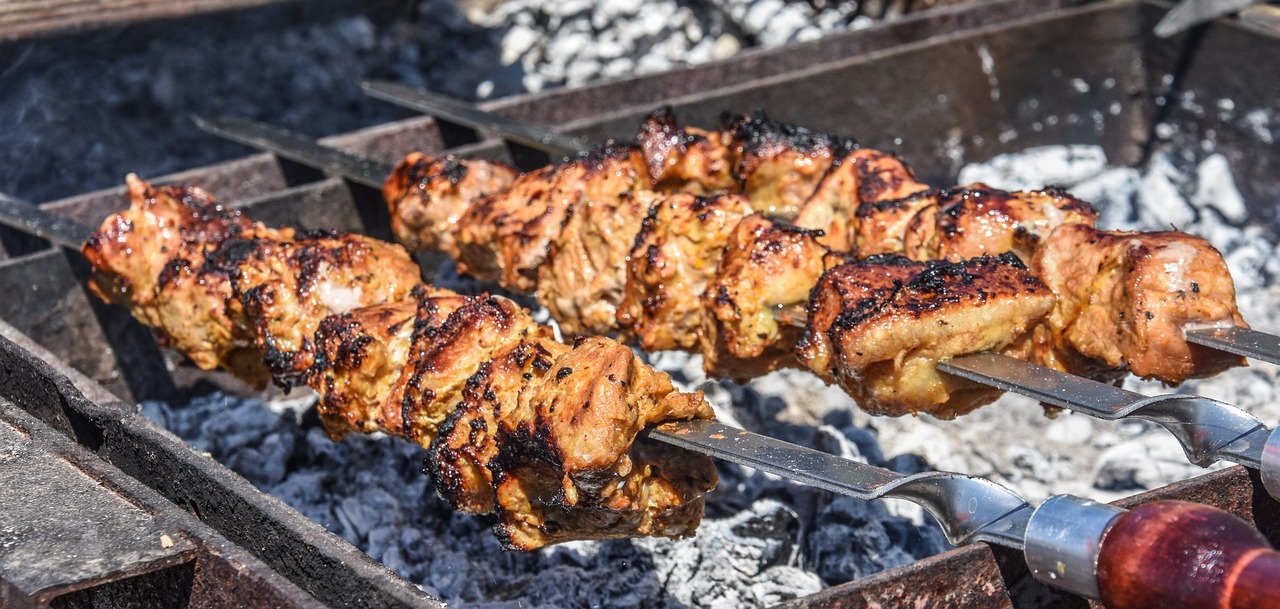Barbecuing is a popular cooking method that involves grilling food over an open flame or hot coals. It is a favorite pastime for many, especially during the summer months when people gather for outdoor parties, picnics, and other social events. While barbecuing is an enjoyable activity, it is important to be aware of the potential impact it can have on our health and the environment.
Table of Contents
ToggleThe Health Impact of Barbecuing
Barbecuing has been linked to a number of health problems, including an increased risk of cancer. When meat is cooked at high temperatures over an open flame, it can create carcinogenic compounds known as heterocyclic amines (HCAs) and polycyclic aromatic hydrocarbons (PAHs). These compounds have been shown to cause cancer in animal studies, and while there is still some debate about their effect on human health, it is generally agreed that they are best avoided.
One type of cancer that has been linked to barbecuing is bowel cancer. Bowel cancer is the third most common cancer worldwide and the second leading cause of cancer-related deaths. It is estimated that around 10% of bowel cancer cases may be linked to diet, and barbecued meat is one of the foods that has been identified as a potential risk factor.
One of the reasons why barbecued meat may increase the risk of bowel cancer is because it contains high levels of fat, especially when the meat is not trimmed before cooking. When the fat drips onto the hot coals or flames, it creates smoke, which can contain harmful chemicals that cling to the meat. Additionally, the high temperatures used in barbecuing can also cause the formation of harmful compounds, including HCAs and PAHs, which can damage the cells lining the bowel and potentially lead to cancer.
How to Minimize the Health Risks of Barbecuing
While it may not be possible to completely eliminate the health risks associated with barbecuing, there are a number of things you can do to minimize your exposure to harmful compounds. Here are some tips:
- Use lean cuts of meat, and trim any visible fat before cooking.
- Marinate meat before cooking, as this can reduce the formation of harmful compounds.
- Cook meat at a lower temperature for a longer period of time.
- Use a drip pan to catch any fat that drips off the meat.
- Avoid charring or burning the meat, as this can increase the formation of harmful compounds.
- Opt for plant-based alternatives, such as grilled vegetables or tofu.
Environmental Implications of Barbecuing
Barbecuing can also have a negative impact on the environment. The use of charcoal and wood as fuel can lead to deforestation, contributing to climate change. In addition, the smoke and fumes produced during the cooking process can contribute to air pollution. Moreover, the disposal of leftover charcoal and ash can also be harmful to the environment.
Ways to Minimize the Negative Impact of Barbecuing
There are several ways to minimize the negative impact of barbecuing on our health and the environment. Here are some tips to consider:
- Choose leaner cuts of meat to reduce the formation of harmful compounds.
- Marinate the meat before grilling to help reduce the formation of harmful compounds.
- Avoid overcooking meat, as this can increase the formation of harmful compounds.
- Use a gas grill or electric grill instead of charcoal or wood to reduce the formation of harmful compounds and minimize the impact on the environment.
- Use a grill with a lid to reduce the production of smoke and fumes.
- Dispose of leftover charcoal and ash properly by placing them in a metal container and allowing them to cool before disposing of them in the trash.
Conclusion
In conclusion, while barbecuing is a popular and enjoyable pastime, it is important to be aware of the potential impact it can have on our health and the environment. By following the tips outlined above, we can minimize the negative impact of barbecuing and enjoy this cooking method safely and responsibly.







